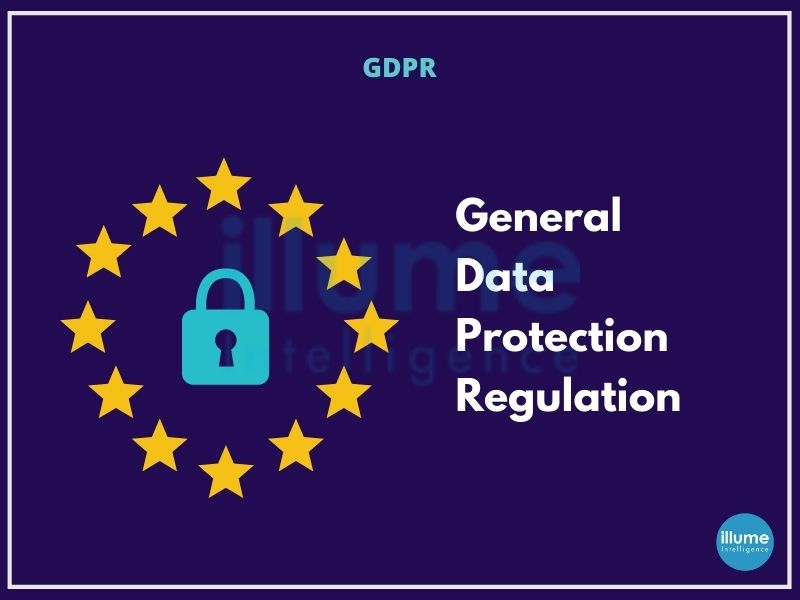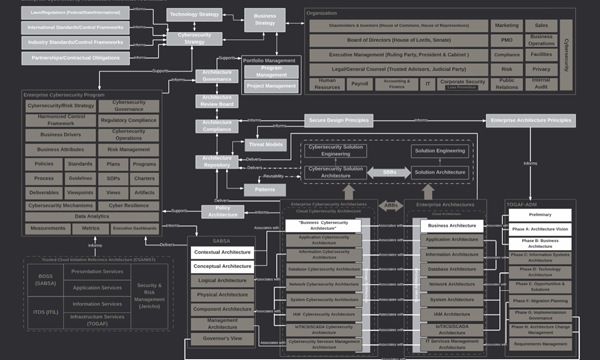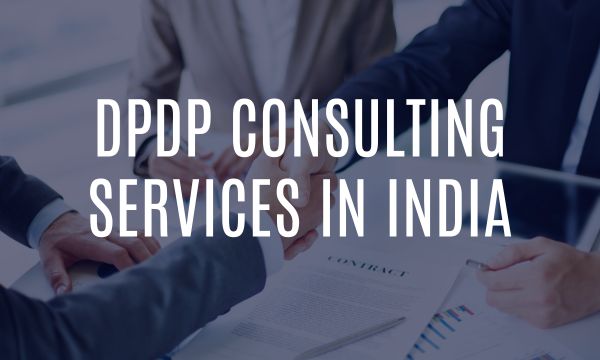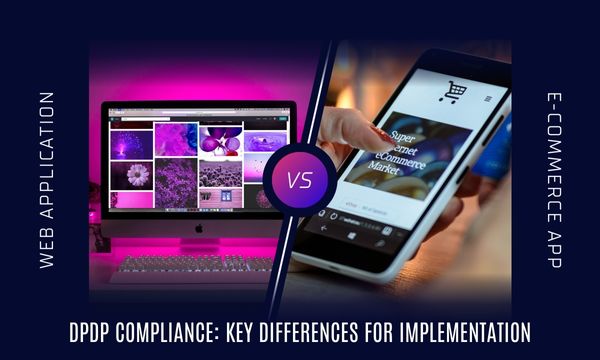The GDPR aims at allowing the European citizens to control their personal data, as an extension of an individual’s fundamental ‘Right to Privacy.’
GDPR (General Data Protection Regulation) is the core of Europe's digital privacy legislation. It is a new set of rules designed to give EU citizens more control over their personal data. The aim is to simplify the regulatory environment for business in the EU, benefiting both the citizens and businesses from the digital economy.
Every aspect of our lives revolves around data. From banks, governments, shopping malls, educational institutions, healthcare services to social media, whatever we use involves the collection and analysis of our personal data. Personal information like name, contact, address, financial details, IDs, etc is collected, analysed and perhaps most importantly stored by the organisations.
In this high time of cyber security, the data is at very big risk if not protected properly. Data breaches may happen, information may get lost or stolen by the people having malicious intent. Under GDPR, not only do the organisations have to ensure that personal data is gathered legally and under strict conditions, but also the data collectors and managers are obliged to protect it from misuse and exploitation, respecting the right of data owners, else may face penalties for not doing so.

Who comes under GDPR?
Any organisation operating within the EU, as well as the organisations outside of the EU offering goods or services to the customers or businesses in the EU.
According to Article 4 of GDPR, there are two different types of data handlers - 'Processors' and 'Controllers'. A controller is the one who determines the purpose and means of processing personal data and the processor is the one who processes the personal data on behalf of the controller.
When does the GDPR apply outside Europe?
The main purpose of the GDPR is to protect the EU citizens' and residents' data. The law, therefore, applies to all the organisations dealing with EU citizens whether they are EU-based organisations or not.
There are two situations when a non-EU organisation might have to comply with the GDPR -
1. Offering services or goods - If the organisation is catering to EU customers, it has to be GDPR compliant. Occasional instances are exempted from these.
2. Monitoring client's behaviour - Organisations using web tools that allow you to track cookies or the IP addresses of people visiting from EU countries.
Exceptions to the GDPR rule
Majorly there are two exceptions -
1. Purely personal or household activity - The GDPR only applies to organisations engaged in “professional or commercial activity”.
2. Fewer than 250 employees - Small and medium-sized organisations are not totally exempted from GDPR, but the regulation does free them from record-keeping obligations in most cases (see Article 30.5).
What are the penalties for non-compliance?
The GDPR recognizes two levels of fines for less severe and very severe violations.
Non-compliance may lead to fines up to 20 million euros or four per cent of worldwide turnover - whichever is greater - for infringements of the rights of the data subjects, unauthorised international transfer of personal data, and failure to put procedures in place for or ignoring subject access requests for their data.
Benefits for the businesses of data protection and GDPR compliance -
The GDPR aims at protecting the EU citizen's data and applies to all the organisations that are dealing with EU citizens' data irrespective of the organisation's location. Even now many organisations continue to view it as a troublesome requirement. The regulation can help in streamlining and improving multiple core business activities.
1. Easier business process automation - Gives an opportunity to look at how well they're managing customer and client data storage, processing and management responsibilities.
2. Increased trust and credibility - GDPR article 5 includes seven fundamental principles forming the basis and rationale for the laws within the GDPR. This helps organisations in gaining trust and credibility from their customers by following these principles.
3. Better understanding of the data being collected - GDPR gives businesses a greater understanding and appreciation of their data and how it moves throughout the organisation. Privacy initiatives generally trigger a consolidation of data platforms, which can benefit departments, such as human resources, by enabling easier reporting and faster and better decision-making.
4. Better data management - Organisations get a better idea of what data they are collecting and for what. This way they will be able to track the data flowing in the organisation, create and deploy data protection policies, preparing the cybersecurity breach response plan on time.
5. Brand reputation - By protecting consumer privacy, organisations not only will avoid potential penalties, but they will have a good brand value and reputation. This will help in building customers' trust in the brand in the long term.
Does your business come under GDPR? Check out how we can help you to get compliant with GDPR.







